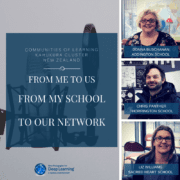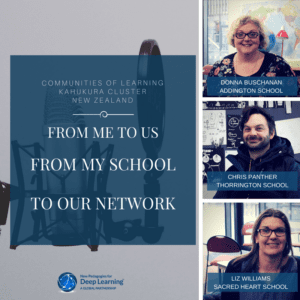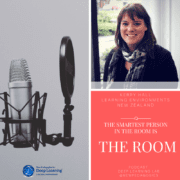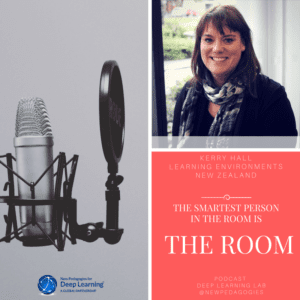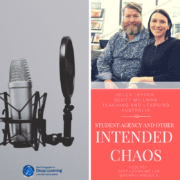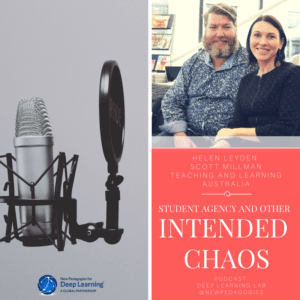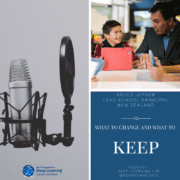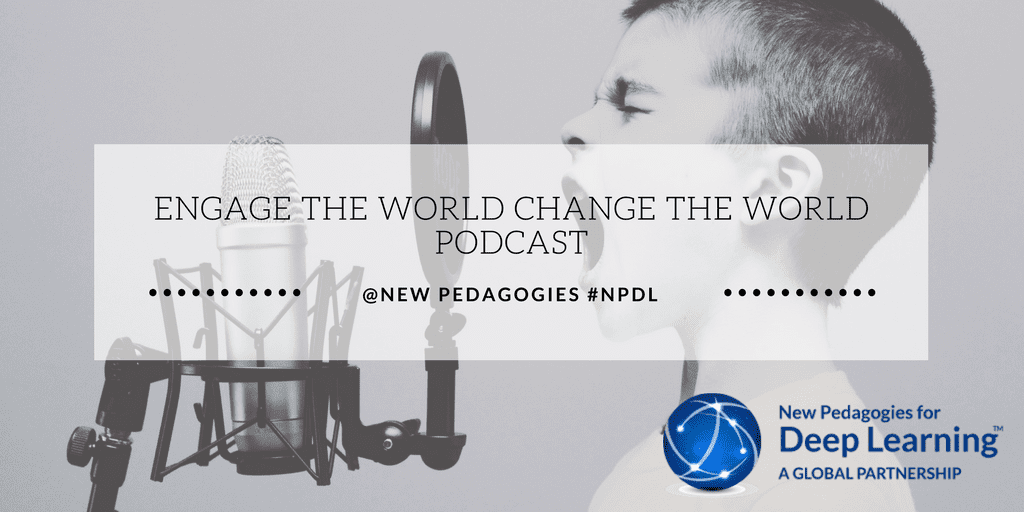
NPDLConnect Podcast series
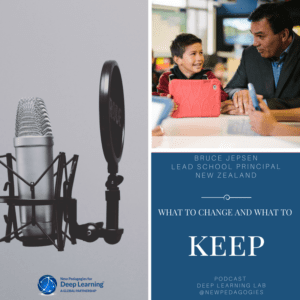
When thinking about the future of education and how to reshape it for the modern era, we expect ¨the new¨ to emerge from the balance between the aspects we want to keep and those we want to change. This equation is easier said than done, especially when we consider that whole education system change will impact on the country´s cultural foundation for generations to come.
In this podcast, Bruce Jepsen shares how overlooking our culture when thinking about educational change can make us lose not only our place of belonging, but also, academic outcomes. He also analyses how the relationship between ancestral legacy and high end technology presents a renewed opportunity to preserve what is most valued. Bruce shows us how achievement and education in general, is an holistic enterprise, and talks about what ancestral elements are overlooked when we think of reshaping modern education.
Bruce Jepsen is the Principal of Te Akau Ki Papamoa School, located on the shores of Papamoa Beach, New Zealand. He has lead the school from underachievement to over achievement by putting his ancestral Maori cultural legacy and the use of technology at the heart of the school’s vision, turning his school into the 1st Apple Distinguished School in the country and linking with Google in 2016 in a successful 1 to 1 story.
Bruce Jepsen is also the Lead School Principal of Cluster 18 and a Mentor for New Principals in New Zealand (FTTP Mentor).
To Listen: Click the podcast below to hear Bruce right here and now or
listen in your browser (click here), or download the SoundCloud app from the AppStore or Google Play
[soundcloud url=”https://api.soundcloud.com/tracks/336968717″ params=”auto_play=false&hide_related=false&show_comments=true&show_user=true&show_reposts=false&visual=true” width=”100%” height=”100″ iframe=”true” /]
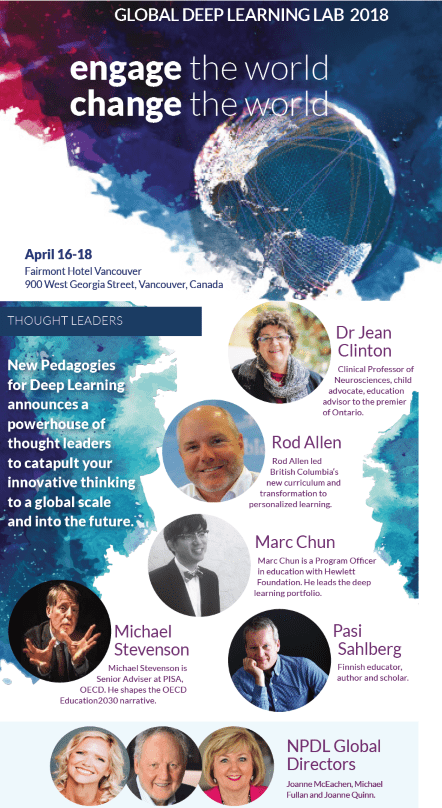

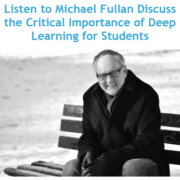
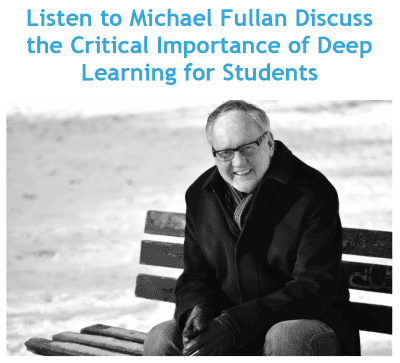 The Critical Importance of Deep Learning for Students
The Critical Importance of Deep Learning for Students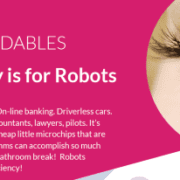
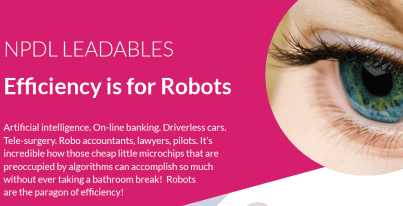 A critical element of change leadership is “going slow to go fast”, but sometimes leaders need a short, sharp focus to generate professional learning conversations or for individual reflection.
A critical element of change leadership is “going slow to go fast”, but sometimes leaders need a short, sharp focus to generate professional learning conversations or for individual reflection.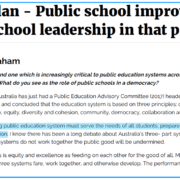
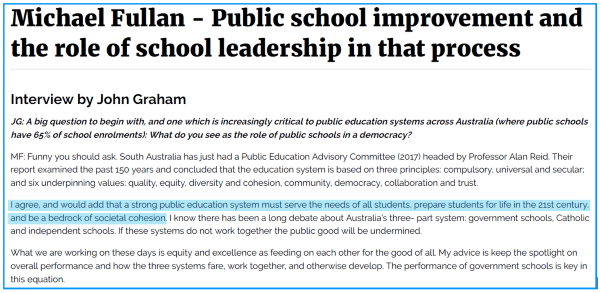
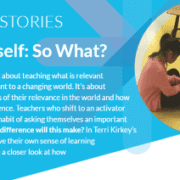
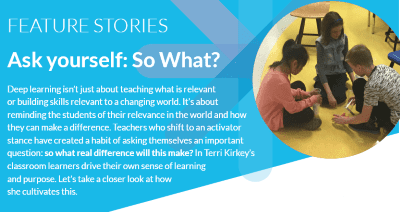 Every day, in deep learning classrooms across the world, there are exciting, inspiring, and thought generating stories unfolding….stories that need to be told.
Every day, in deep learning classrooms across the world, there are exciting, inspiring, and thought generating stories unfolding….stories that need to be told.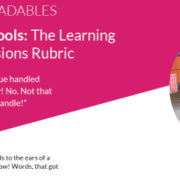
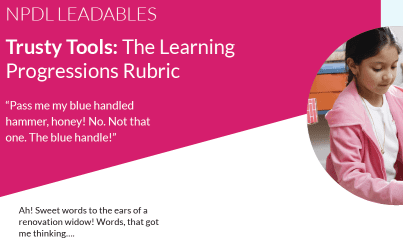 A critical element of change leadership is “going slow to go fast”, but sometimes leaders need a short, sharp focus to generate professional learning conversations or for individual reflection.
A critical element of change leadership is “going slow to go fast”, but sometimes leaders need a short, sharp focus to generate professional learning conversations or for individual reflection.